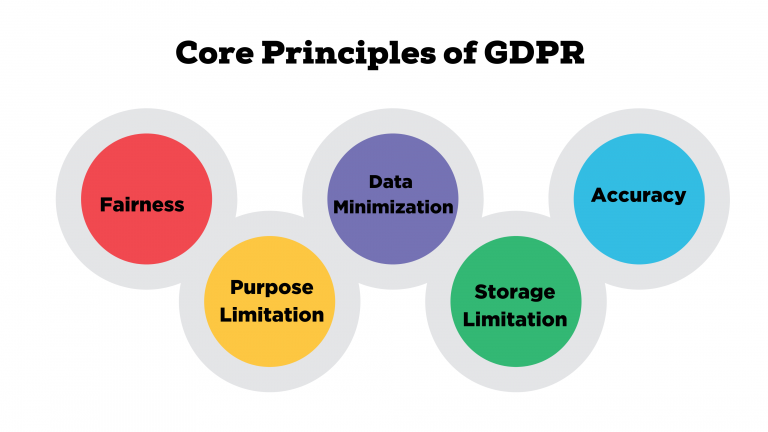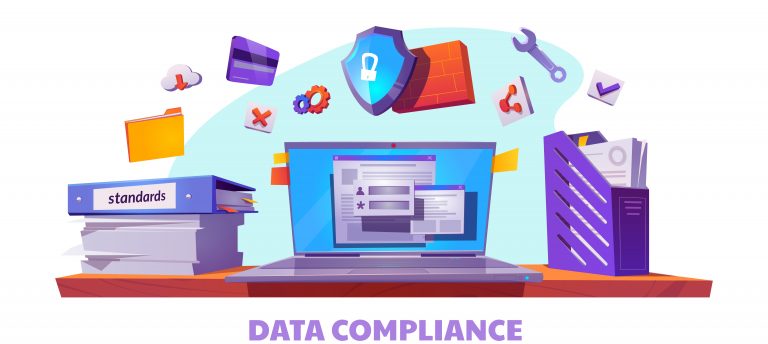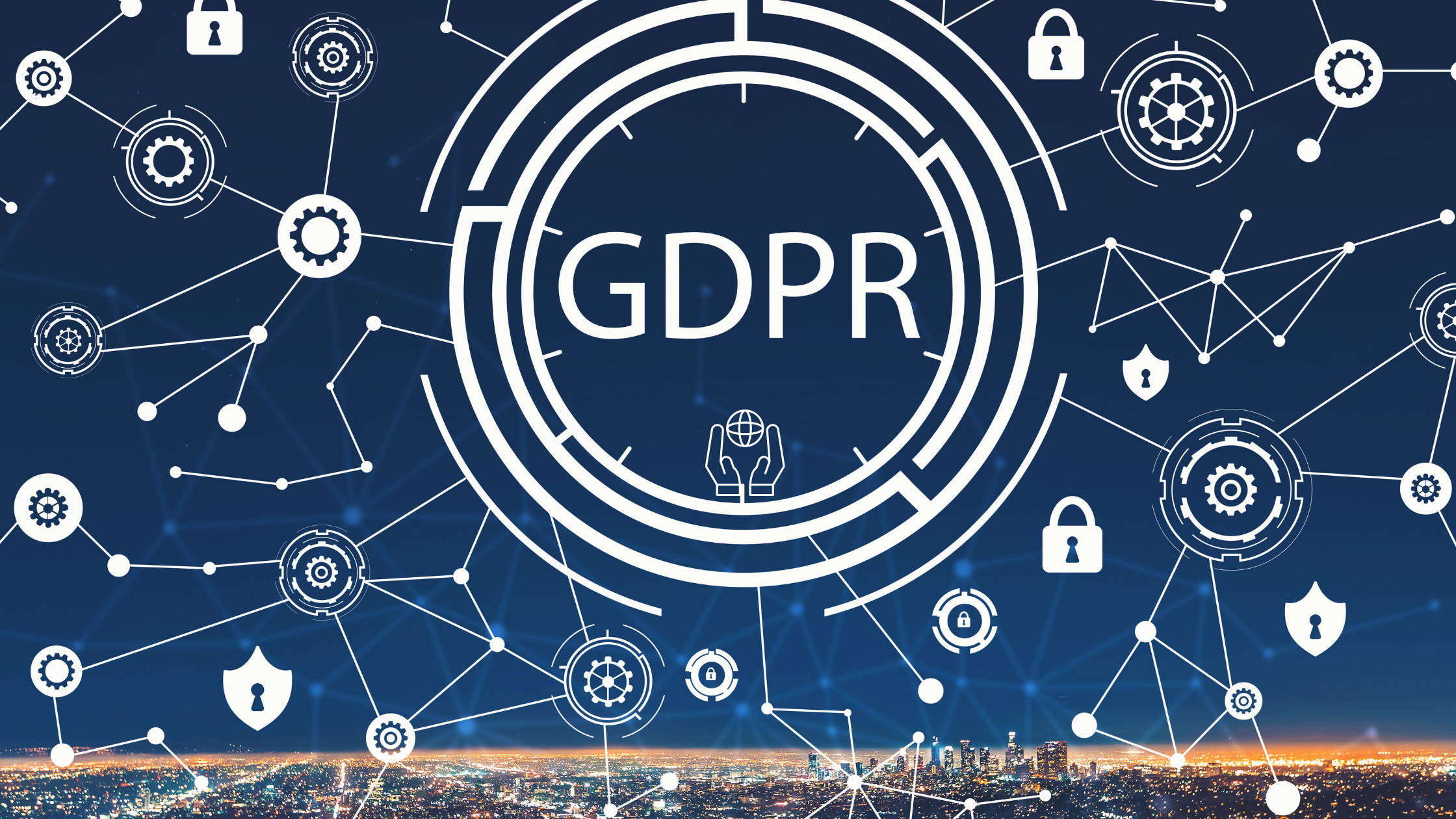Your Ultimate GDPR and Data Protection Guide
In the digital age, where information flows freely and data is a prized commodity, safeguarding privacy has become paramount. With the introduction of the General Data Protection Regulation (GDPR), businesses and individuals alike are required to adhere to stringent guidelines to ensure the protection of personal data. In this comprehensive guide, we’ll delve into the intricacies of GDPR and provide you with the necessary tools and knowledge to navigate the complex landscape of data protection.
Understanding GDPR and Its Key Principles

The GDPR, implemented in 2018, is a set of regulations aimed at harmonizing data privacy laws across Europe and empowering individuals with greater control over their personal data. Its primary objectives include enhancing transparency, strengthening data protection measures, and enforcing accountability among organizations handling personal data.
- Lawfulness, Fairness, and Transparency: Organizations must process personal data lawfully, ensuring fairness and transparency in their data processing activities.
- Purpose Limitation: Data should only be gathered for well-defined, clear, and lawful reasons, and should not be used in ways that are inconsistent with those purposes.
- Data Minimization: Only the necessary data required for the intended purpose should be processed.
- Accuracy: Ensuring the accuracy of data is paramount. It’s essential that information is correct and updated regularly to maintain its reliability and relevance.
- Storage Limitation: Personal data should be retained only for as long as necessary for the purposes for which it was collected. It’s crucial to store data in a format that allows for the identification of data subjects, but it should not be kept indefinitely once its retention period expires. Implementing storage limitation practices helps minimize the risk of data breaches and ensures compliance with privacy regulations.
Comprehending the GDPR Act and Its Impact
The GDPR Act, implemented in 2018, revolutionized the landscape of data protection by unifying regulations across the European Union (EU) and extending its jurisdiction globally. By imposing stringent requirements on businesses handling personal data, the GDPR aims to strengthen individuals’ control over their personal information and enhance data security measures.
Data Compliance and Its Significance

Data compliance is not merely a legal obligation but a strategic imperative for businesses operating in the digital realm. Compliance with GDPR and other data protection regulations ensures that organizations maintain the trust of their customers and stakeholders while mitigating the risk of regulatory penalties and reputational damage.
Implementing GDPR Compliance Measures
Achieving GDPR compliance necessitates a multifaceted approach, encompassing various strategies and practices:
- Data Mapping and Inventory: Businesses must conduct comprehensive assessments to identify the types of personal information they collect, process, and store. This includes understanding the purposes of data processing and establishing the legal basis for such activities.
- Consent Management: Obtaining explicit consent from individuals before processing their personal data is a fundamental requirement under GDPR. Clear and unambiguous consent mechanisms should be in place to ensure compliance with regulatory standards.
- Data Protection Impact Assessments (DPIAs): DPIAs play a crucial role in identifying and mitigating potential risks associated with data processing activities. By conducting thorough assessments, businesses can proactively address privacy concerns and enhance data security measures.
Safeguarding Data & Privacy in the Digital Age
In today’s interconnected world, the intersection of data and privacy underscores the importance of robust data protection mechanisms. Businesses must prioritize the protection of personal information, not only to comply with regulatory mandates but also to uphold ethical standards and preserve consumer trust.
Embracing GDPR Compliance as a Business Imperative
In conclusion, GDPR compliance is not merely a legal obligation but a strategic imperative for businesses seeking to thrive in a data-driven ecosystem. By embracing the principles of GDPR, prioritizing data compliance, and safeguarding data & privacy, organizations can navigate the complexities of data protection with confidence and integrity. Through proactive measures and a commitment to ethical data practices, businesses can foster trust, enhance transparency, and uphold the fundamental rights of individuals in an increasingly digitized world.
Future Trends in Data Protection

As technology continues to evolve, so do the challenges and opportunities in data protection. Some emerging trends in the field of data protection include:
- AI-driven Compliance Solutions: The use of artificial intelligence (AI) and machine learning algorithms to automate compliance processes and identify potential risks.
- Blockchain Technology: Leveraging blockchain technology for secure and decentralized storage of personal data, enhancing transparency and data integrity.
- Privacy by Design: Integrating privacy considerations into the design and development of products and services from the outset, rather than as an afterthought.
- Global Data Protection Laws: The proliferation of data protection laws and regulations worldwide, necessitates a global approach to compliance and risk management.
In conclusion, GDPR represents a significant milestone in the protection of personal data and privacy rights. By understanding the key principles, compliance requirements, and available resources, organizations can ensure they are adequately prepared to navigate the complex landscape of data protection. Remember, compliance is not a one-time effort but an ongoing commitment to safeguarding privacy in an increasingly interconnected world.








